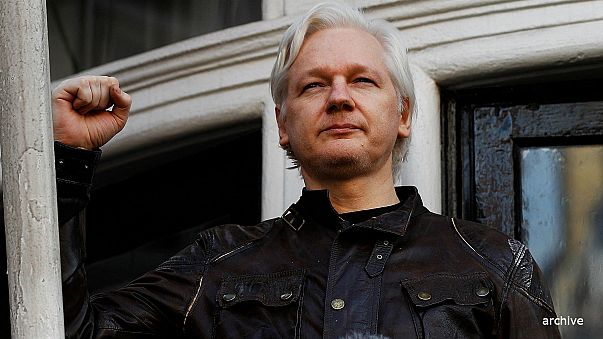Wikileaks founder Julian Assange lost his bid to have a UK arrest warrant dropped on Tuesday.
This means that if he decides to leave the Ecuadorian embassy, he would likely be arrested on the basis of the existing UK warrant.
The 46-year-old has been holed up in Ecuador’s London embassy for more than five years.
He fled to the embassy in 2012 after skipping bail to avoid being sent to Sweden to face an allegation of rape, which he denied.
Assange tweeted that the hearing was still going on and that "only one point has been ruled on".
Why did he fear being sent to Sweden?
Assange had feared Sweden would hand him over to the United States to face prosecution over WikiLeaks' publication of a large trove of classified military and diplomatic documents - one of the largest information leaks in US history.
So, what’s changed?
Swedish prosecutors last year dropped their investigation into the rape allegation and withdrew their European Arrest Warrant (EAW).
Does that mean Assange is free to go?
No. British police have insisted if Assange left the embassy they would still arrest him for breaching bail conditions.
On Tuesday, February 6, a British judge is set to rule whether the arrest warrant stemming from his breach of bail conditions should be dropped.
Assange's lawyer, Mark Summers, has argued Sweden’s withdrawal of the EAW meant the British bail arrest warrant could no longer apply.
When asked if a successful ruling could enable Assange to walk free, a spokesman for the Crown Prosecution Service (CPS) said, "Hypothetically yes, that would be our interpretation."
Controversial figure
To some, Assange is a cyber hero who exposed government abuses of power. To others, he is a criminal who undermined the security of the west by exposing secrets.
Ecuador said this month it had given citizenship to Assange, hours after the British government refused a request for him to be given diplomatic status, which could have given Assange immunity from arrest should he try to leave the embassy.


